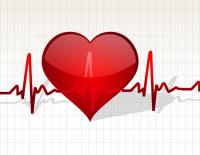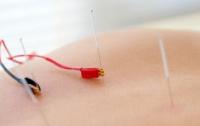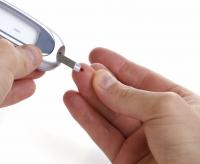
Hearts Beat In Sync: The Psychological Affects of Love
According to a psychology professor at the University of California, the heart beats of lovers’ beat in sync or at the very least beat at the same rate which gives new meaning to often sung lyrics about our hearts beating for another. Maybe it is truer than we think? Conducting several studies on romantic couples, Emilio Ferrer, a UC Davis professor
Read More







